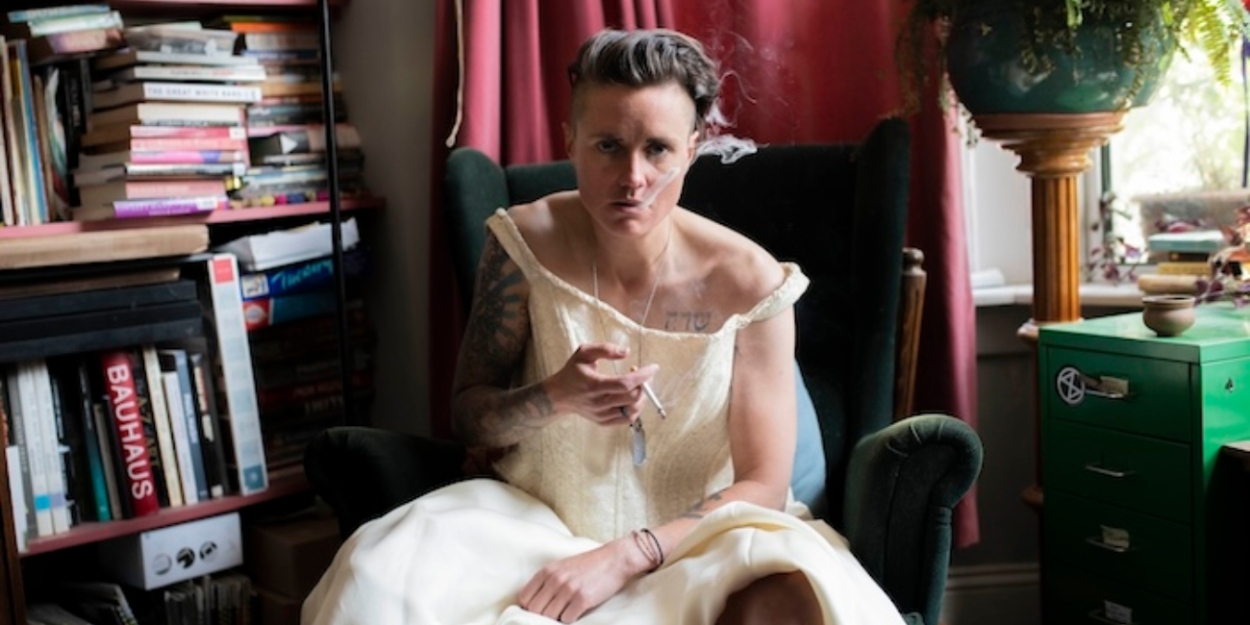Podcast Review: LOVE, CONDITIONALLY, Play Inside
Gay love, relationships and family expectations in Play Inside's new interactive podcast series

![]() Some podcasts you can happily listen to while doing the ironing, while others demand more of your attention. Play Inside’s Love, Conditionally – a new, immersive, series of short (around 15 minutes) audio recordings made in the UK and Palestine – is made with interactive listeners in mind.
Some podcasts you can happily listen to while doing the ironing, while others demand more of your attention. Play Inside’s Love, Conditionally – a new, immersive, series of short (around 15 minutes) audio recordings made in the UK and Palestine – is made with interactive listeners in mind.
Each of the four podcasts (downloadable on all major podcast platforms in both Arabic and English) is an inner monologue where the audience is encouraged to physically mirror the action of the characters to get a feel for another person’s world.
We don’t know the names of the Arab, British and dual-heritage Arab-British writers, who are anonymous for good reason. With strong themes such as homosexuality and how coming out doesn’t fit with traditional family expectations, it is understandable why the writers prefer not to be named.
Love, Conditionally’s creators are happy to be identified, however. Rosie Poebright’s a queer digital artist with a doctorate in participative stories. She’s also the director and her co-director is Michelle Roche, a multi-heritage woman of colour.
Play Inside’s partnered on this third series with The Freedom Theatre in Jenin refugee camp in the West Bank, which recently featured in the news when Israeli forces raided the theatre and removed three staff members from their homes – including artistic director Ahmed Tobasi (who it is claimed was beaten and then released) and producer Mustafa Sheta.
According to the creative team, the podcasts, funded by the British Council, are “events you move through”. And this is meant literally.
For example, in Half a Heart, narrator Sue, who’s in a gay relationship, relates the pain she’s suffering after talking to her mother, who disapproves of her sexual orientation. Sue asks her mother: “Why can’t we have one conversation where you don’t tell me you want me to marry a man? Why do we have to go through the same argument time and time again…”
While Sue walks around her house, the audience is urged to emulate her actions, from pressing fingers to hot cheeks and walking to the fridge for snacks, to jumping to release tension and snuggling up on the couch under a blanket. If you don’t want to carry out these actions, the creators suggest you can imagine them.
The logic behind this more interactive approach is that sometimes we rehearse conversations repeatedly before we can say them out loud.
In another episode called Signs, Nur forms words in sign language, while discussing how difficult life was for her deaf brother, who was regarded as an outsider. Nur, who is gay, is also an outsider. Her brother’s left home and is happily married, while Nur is trapped in the family house with her mother. She tries to avoid her by walking to the bathroom and shutting the door.
Nur complains about her mother “trying again to set me up with another eligible bachelor, aka one of the sons of her quran circle of friends”. Twenty-five-year-old Nur speaks of how upsetting it is to be sneaking around with her “really good friend” at her age. She describes her brother and herself as: “one kid who wouldn’t hear, another kid who wouldn’t speak”.
The other two podcasts in the series are Dragged Up with Jo in the UK, and Sadeen in Palestine in Hold You Hands.
So, put down that iron and be prepared to emulate the actions of the characters in the podcasts if you’re willing to try this synergistic exercise. Or you can simply imagine everything in your head, as you would with any podcast. Be reassured that the creators say there is no right or wrong way to do this.
Play Inside’s Love, Conditionally podcast is available here.
Find out more about The Freedom Theatre here.
Photo credit: Paul Blakemore
Reader Reviews
Videos

